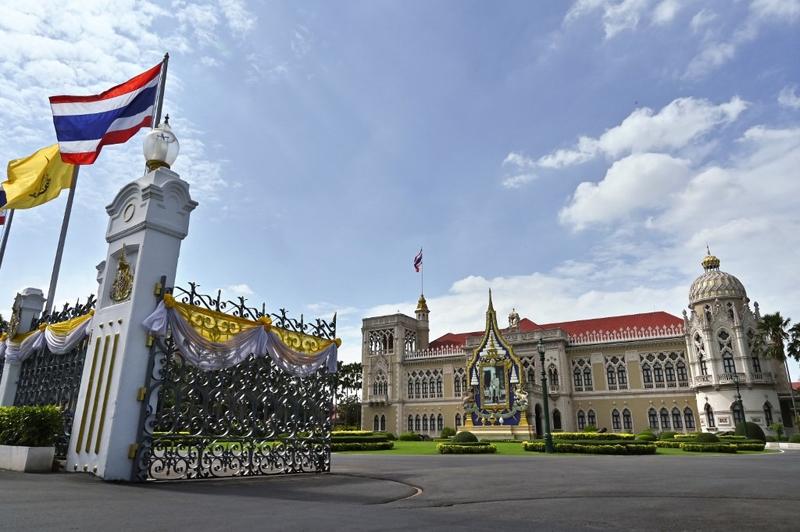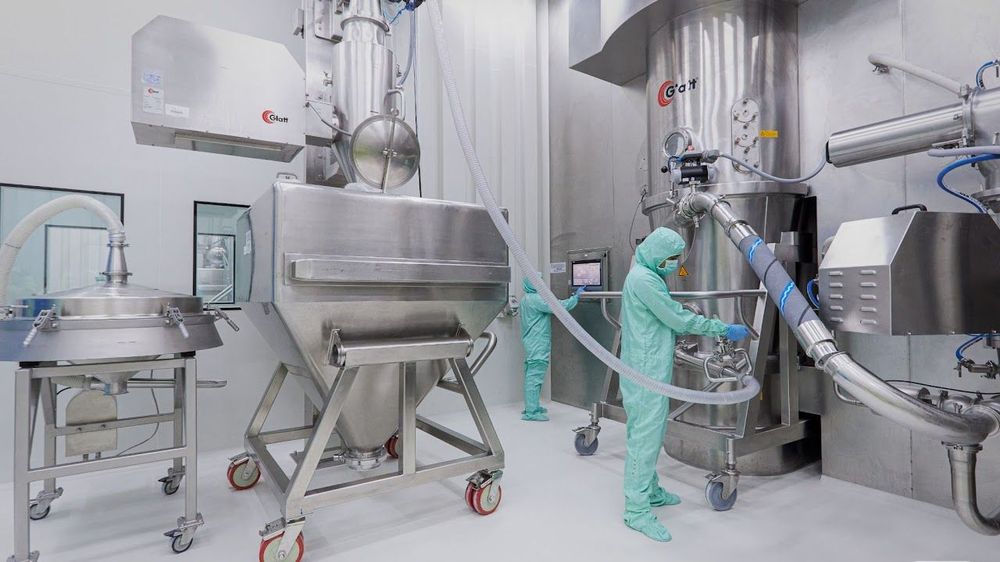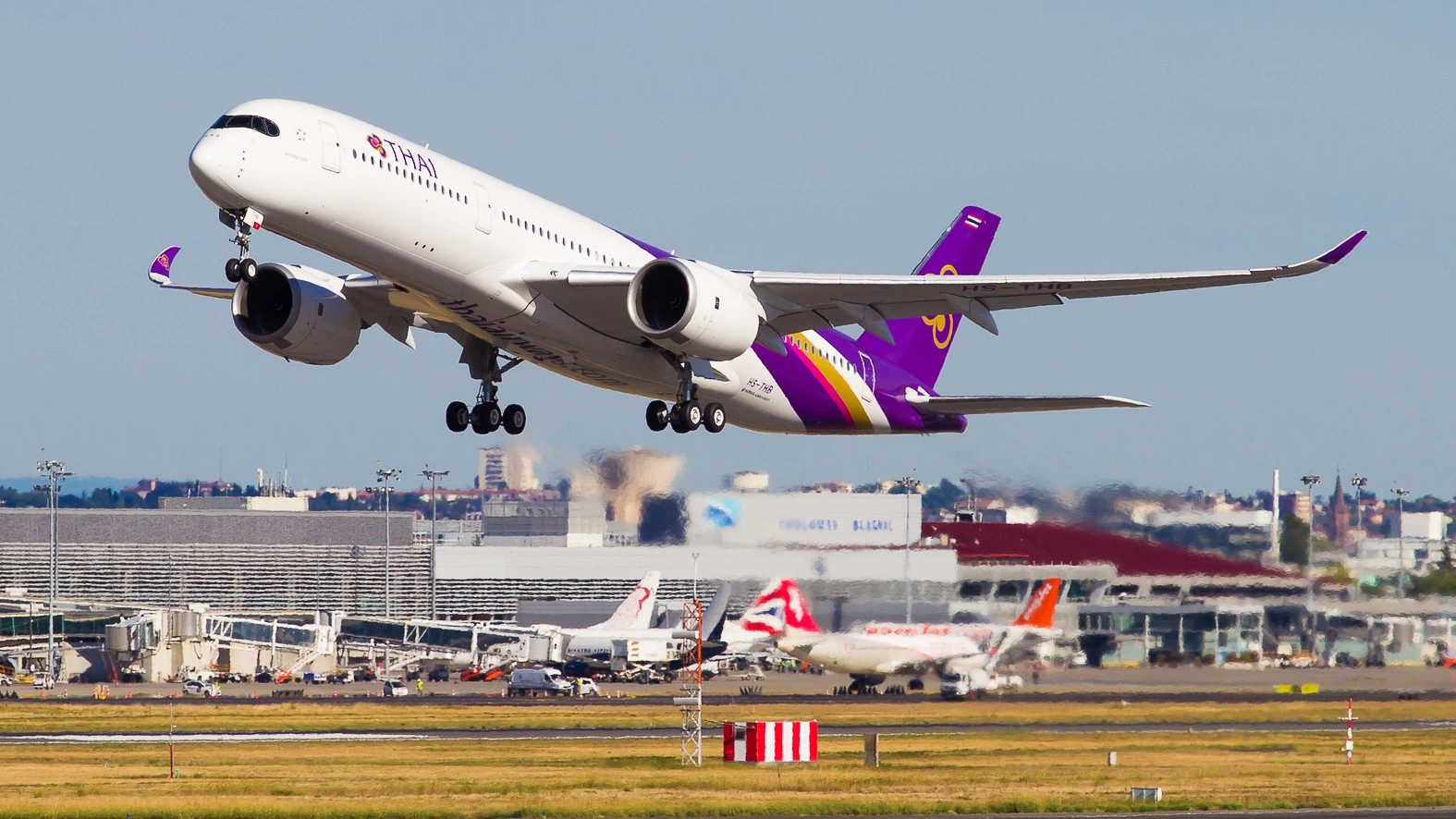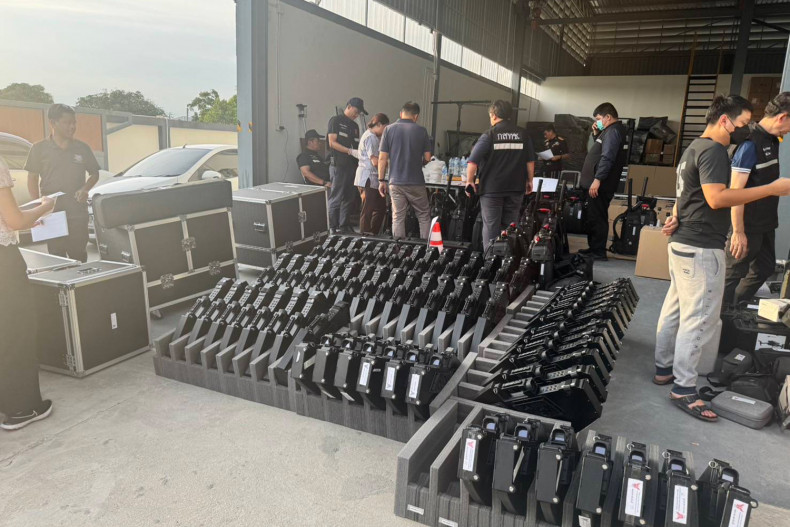Supporting Entrepreneurs Amid Trade Tensions
Launching 200 Billion Baht in Soft Loans
On July 14, 2025, Thailand’s government directed the Government Savings Bank to roll out 200 billion baht in soft loans to cushion the impact of U.S. President Donald Trump’s tariff measures on Thai entrepreneurs. These low-interest loans, with rates as low as 0.01%, aim to bolster liquidity and inventory costs for small and medium-sized enterprises (SMEs). The government will cover the interest rate gap to ease the financial burden on businesses facing trade uncertainties.
Assisting Larger Enterprises
Commercial Banks Step In
For larger companies, commercial banks will provide support, with the government ready to intervene if the financial strain exceeds their capacity. Finance Minister Pichai Chunhavajira emphasized the need to maintain economic stability as U.S. tariffs threaten Thai exports. This dual approach ensures that both SMEs and major firms receive tailored assistance to navigate the challenges posed by shifting global trade dynamics in 2025.
Strengthening Export Standards
Addressing Certificate of Origin Rules
The government is tackling potential issues with certificates of origin for exports to the U.S., where local content requirements may rise from 40% to as high as 80%. U.S. policies will likely prioritize domestic and allied-sourced raw materials, complicating compliance for Thai exporters. By clarifying these standards, Thailand aims to maintain access to the U.S. market, a critical destination for 18% of its exports, while enhancing competitiveness.
Negotiating Market Access
Opening Thailand to U.S. Goods
Thailand has proposed eliminating import duties on up to 90% of U.S. goods, up from an initial 69%, to secure market access and reduce non-tariff barriers. This strategy targets products Thailand already imports or cannot produce sufficiently, such as specific automotive goods. The agreement, once finalized, will require approval from the Thai House of Representatives, ensuring a balanced approach to trade negotiations with the U.S.
Leveraging U.S. Investments in Thailand
Capitalizing on Established Supply Chains
U.S. companies, particularly in electronics, have deep-rooted operations in Thailand, producing components vital to industries like artificial intelligence. These firms rely on Thailand’s skilled labor and robust supply chains, making relocation impractical. Finance Minister Pichai highlighted that one-third of Thailand’s $30 billion trade deficit with the U.S. stems from these U.S.-owned operations, underscoring their economic significance.
Promoting Thai Investment Abroad
Expanding into U.S. Markets
Thailand is encouraging its businesses to invest in the U.S., particularly in agricultural processing and energy sectors, where low-cost natural gas offers a competitive edge. By diversifying export markets and maximizing domestic resource use, Thailand aims to reduce reliance on any single market. However, Pichai cautioned that negotiations must consider impacts on third countries to avoid geopolitical tensions, ensuring sustainable economic strategies for 2025 and beyond.









